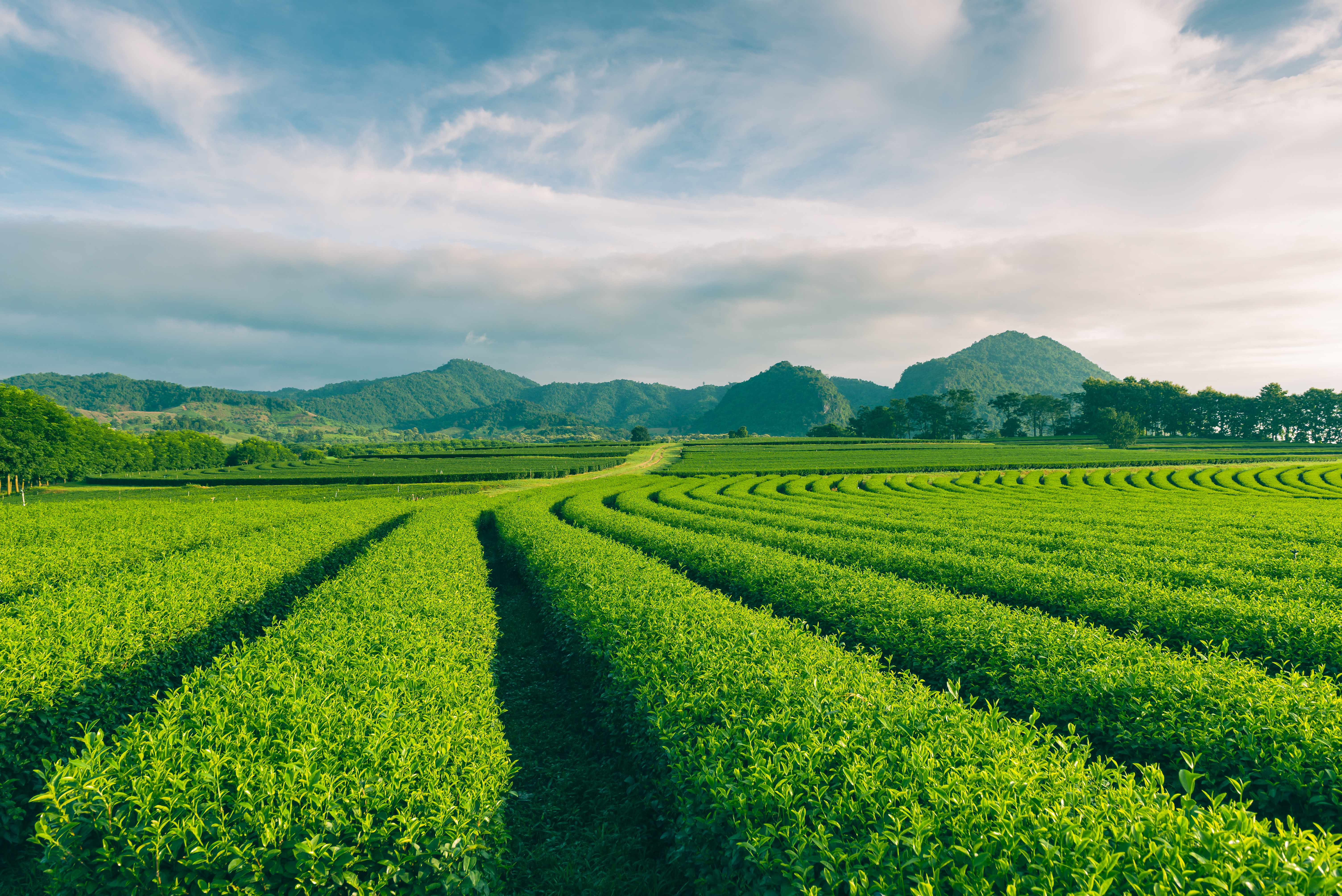Around 25% of all China's workforce is employed in the agriculture sector, with China's agricultural gross production value growing to 6.1 trillion yuan in 2018. China's growing links with other countries have seen it build up agricultural exchange and cooperation relations with some major international agriculture and financing organisations, as well as more than 140 countries.
China has a long history of farming, and the country is endowed with some rich natural agricultural resources, alongside a huge rural population. Agricultural production has been quickened by the Chinese government introducing step by step a policy of agricultural reform, so that now China produces around 25% of the world's grain, and it feeds around 20% of the world's population with only 10% of the world's arable land.
Recruitment consultants for China's farms
The story of many of China's farms is one of modest scale. More than 90% of farms in China are less than 2.5 acres, making the average farm size amongst the smallest in the world. But things are changing, and over the past four decades China has caught up to the agricultural development that the rest of the world took 150 years to achieve. Small family farms now sit alongside gleaming industrial meat facturoies and dairies, and alongside the high-tech organic urban farms.
The Chinese diet increasingly resembles the Western diet, and China now eats nearly three times as much meat as it did in the 1990s. Consumption of milk and dairy has quadrupled from 1995 to 2010 for city dwellers, and has increased six-fold for rural living Chinese.
China has long prized self-sufficiency in staple grains, as an ideology and a response to political isolation, and this has implications for fields at home too. In 2013 President Xi Jinping, discussing food policy with rural officials, told them, “Our rice bowl should be mainly loaded with Chinese food.” This raises a tricky question: If the Chinese are going to feed themselves and eat more like Americans, what does that mean for the way they farm?
A change to recruitment in Chinese agriculture on it's way?
Agricultural economists in China are aware that there is further change needed in the way China farms, and in the workforce required. There's a lot of waste of human labour and resources, and changes to irrigation are required, alongside investment in technology and mechanisation. But moreover, the size of the farms must change.
It might be reasonable to suggest that the farms should be amalgamated and joined together in vast swathes, but this approach is cautioned against. China's crops of corn, rice and wheat all yield the most food at smaller scales: the best size is between five and seventeen acres.
Not only would the logistics of combining very many smaller farms into single, Kansas-style farms be impractical, it would also uproot millions of farmers creating huge social disruption.
Larger scale agriculture and recruitment consulting in China
The other, mega-farm side of China does exist however. There are modern dairy farms built to hold a maximum bovine population of 40,000, amongst the largest in the world. The traditional Chinese diet of pork meat is no longer met with hogs raised and slaughtered in backyard plots; by 2015 an estimated three quarters of China's hogs were being produced on farms of 50 hogs or more.
China has had food safety issues in the past, and the increase in scale of particularly dairy and hog farms has been implemented to address that. Huge amounts of smaller farms can be almost completely unmanageable in terms of food safety, but industrial dairies and slaughterhouses make traceability and accountablity of food quality possible.
Peak Recruitment consultants for the Chinese agriculture market
As one of the fastest growing economies for nearly four decades, China needs to recruit the very best food technologists and experts in animal husbandry, from research and development fields through to breeding, veterinary care and meat product production from a narrow world-wide talent pool. Similarly, China's crop agribusiness recruitment needs are met from just as niche a group. Here at Peak, our dedicated recruitment consultants can bring the best candidates to the table for any personnel requirements your business may have China.

